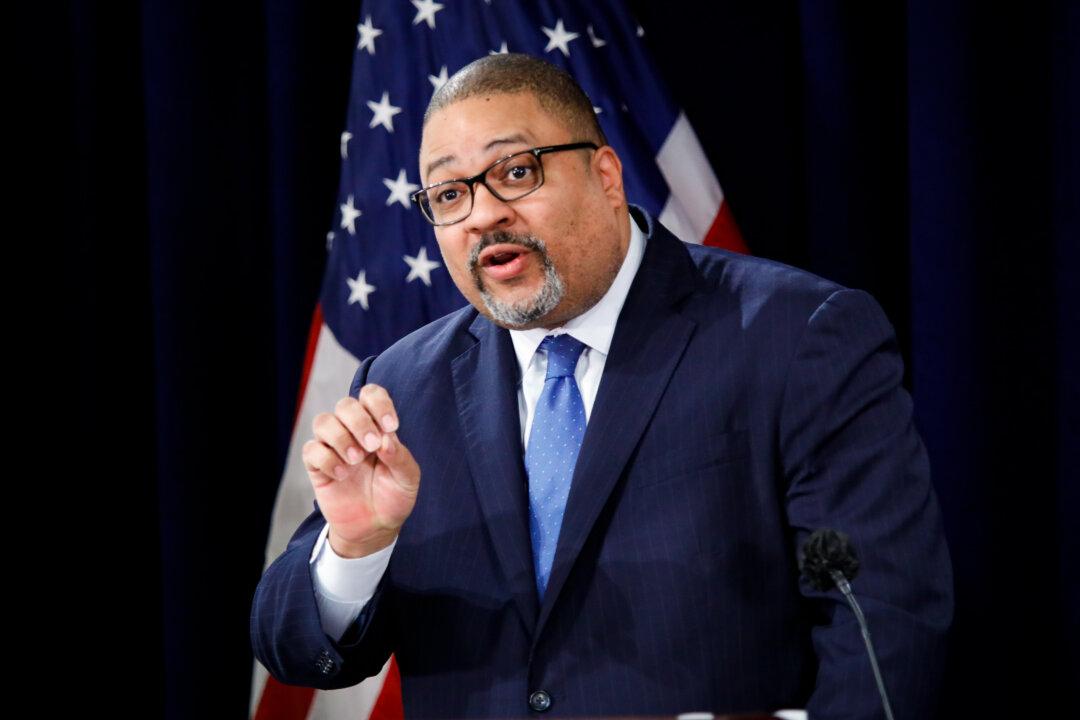The House Judiciary Committee has released a report documenting the panel’s allegations that Manhattan District Attorney Alvin Bragg’s decision to bring criminal charges against former President Donald Trump in the so-called “hush money” case was driven by a political vendetta.
The committee announced the publication of the report—entitled “An Anatomy of a Political Prosecution: The Manhattan District Attorney’s Office’s Vendetta Against President Donald J. Trump”—in an April 25 press release that accused Mr. Bragg of undermining Americans’ confidence in the judicial system.





